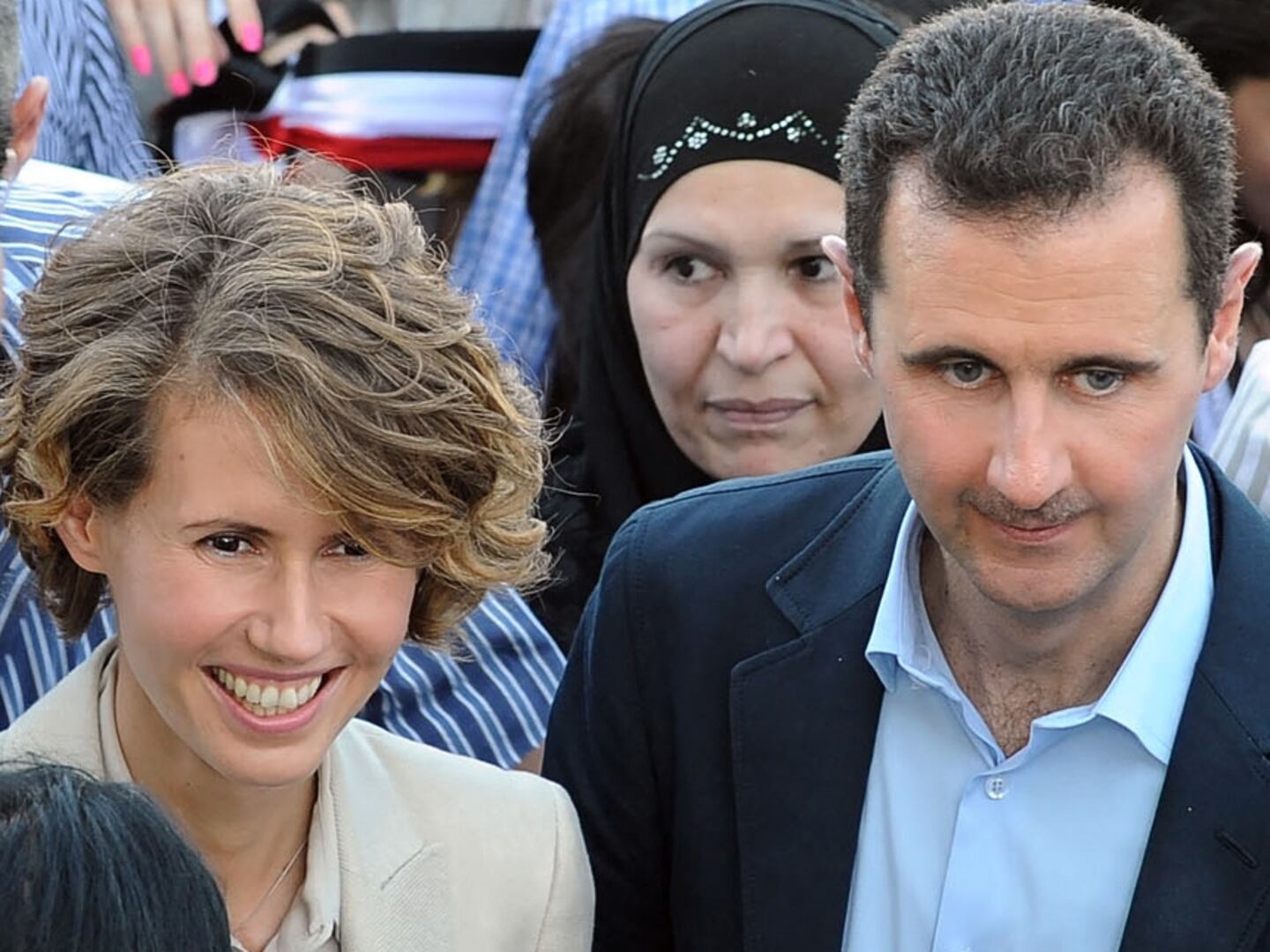World
Manuel Pedraza/AFP/Getty
The Pablo Escobar Legacy: Virgin Auctions in Medellin
SOLD TO THE SICKEST BIDDER
In the slums of this famous and infamous Colombian city, girls as young as 10 are sold to gangsters—and tourists—who want to take their virginity.






